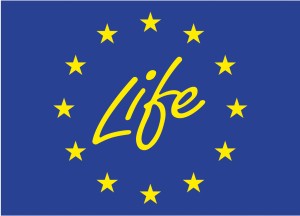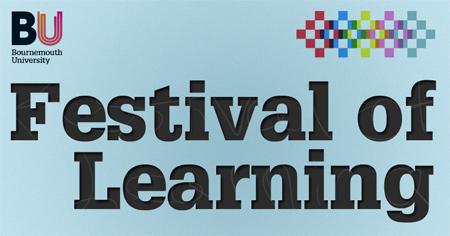There are a large number of calls that have been announced in the Medical and Healthcare remit. A brief description of each of them is given below, together with a link to the call.
Medical Research Council:Joint Global Health trials scheme – this funds global health trials to generate new knowledge about interventions that will contribute to the improvement of health in low- and middle-income countries. The budget for the scheme is up to £12 million per year for three years.
Medical Research Council: Early Career Fellowship in economics of health – the scheme enables individuals to undertake challenging projects in excellent research and training environments. The fellowship is for a period of up to three years.
Medical Research Council: Methodology research fellowship – the scheme is aimed at researchers with a grounding in health research who wish to undertake a period of specialist training in the development and investigation of innovative research methods. The fellowship lasts up to four years and covers salary, training, consumables, and travel costs, capital equipment, and all other relevant costs under FEC.
Medical Research Council: New Investigator research grants – molecular and cellular medicine – these provide support for clinical and non-clinical researchers while they are establishing themselves as independent principal investigators. Grants are worth up to £600,000 and normally last three years. MRC will usually meet up to 80 per cent of the full economic cost.
Medical Research Council: Confidence in concept scheme – this provides awards to institutions to be used to support the earliest stages of multiple translational research projects. Grants will be between £300,000 and £1 million.
Cancer Research UK: Senior cancer research fellowships – this enables senior researchers to establish or to further develop an independent research group. Fellowships will last for six years and fund salaries for the fellow, up to two postdoctoral researchers, a technician and a PhD student. They also cover research expenses, consumables and equipment costs.
Cancer Research UK: Career Development Fellowships – these support non-clinical scientists who have shown promise in their initial studies in a cancer relevant research field, but may not yet have sufficient experience to obtain a more senior fellowship. Grants have a duration of six years and fund: salaries for the fellow, a postdoctoral researcher and a technician; consumables costs; equipment.
British Society for Antimicrobial Chemotherapy: Research grants support research efforts in the following areas: mechanisms of antibacterial action; mechanisms of antibacterial resistance; antiviral resistance; antivirals; antifungals; antibiotic methods; antibiotic prescribing; antibiotic therapy; antiparisitics; evidence based medicine/ systematic reviews. Grants are worth up to £50,000 for projects of one year’s duration.
British Society for Antimicrobial Chemotherapy: Project grants may be used for the following purposes: pump priming projects; supporting the completion of an existing project; introducing a novel technique for existing work; funding for trainees for projects/training (maximum value £5,000). Up to £10,000 is available for projects of one year ‘s duration.
Anatomical Society: Research Studentships provide basic maintenance and fees for postgraduate students working towards the award of a higher degree in the anatomical and related sciences. Studentships are tenable for a maximum of three years and must be held in a British or Irish university.
British Pharmacology Society: AstraZeneca prize for women in Pharmacology: This recognises women whose career achievements have contributed significantly to the understanding of a particular field in pharmacology through excellence in research. The prize is worth £1,000.
The RKE Operations team can help you with your application.













 As I mentioned in my previous post about the forthcoming
As I mentioned in my previous post about the forthcoming 














 Expand Your Impact: Collaboration and Networking Workshops for Researchers
Expand Your Impact: Collaboration and Networking Workshops for Researchers Visiting Prof. Sujan Marahatta presenting at BU
Visiting Prof. Sujan Marahatta presenting at BU 3C Event: Research Culture, Community & Can you Guess Who? Thursday 26 March 1-2pm
3C Event: Research Culture, Community & Can you Guess Who? Thursday 26 March 1-2pm UKCGE Recognised Research Supervision Programme: Deadline Approaching
UKCGE Recognised Research Supervision Programme: Deadline Approaching ECR Funding Open Call: Research Culture & Community Grant – Apply now
ECR Funding Open Call: Research Culture & Community Grant – Apply now ECR Funding Open Call: Research Culture & Community Grant – Application Deadline Friday 12 December
ECR Funding Open Call: Research Culture & Community Grant – Application Deadline Friday 12 December MSCA Postdoctoral Fellowships 2025 Call
MSCA Postdoctoral Fellowships 2025 Call ERC Advanced Grant 2025 Webinar
ERC Advanced Grant 2025 Webinar Update on UKRO services
Update on UKRO services European research project exploring use of ‘virtual twins’ to better manage metabolic associated fatty liver disease
European research project exploring use of ‘virtual twins’ to better manage metabolic associated fatty liver disease